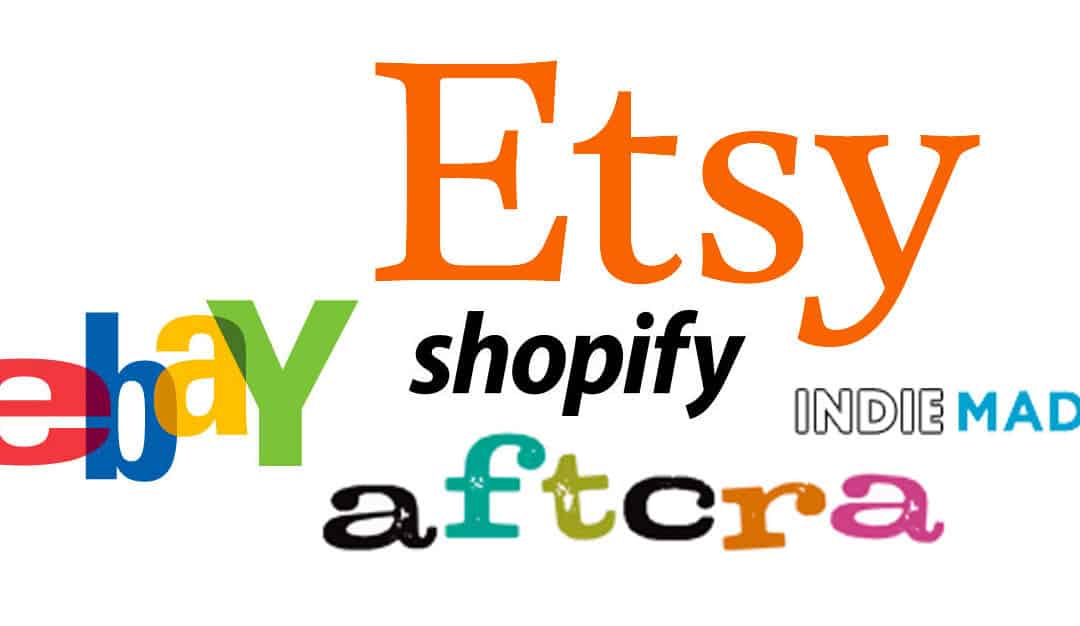Within the past month or so online marketplace sites like eBay and Etsy started collecting sales taxes. This phenomena was a result of a flurry of states passing legislation targeting these types of sites. More states will inevitably follow.
Source: https://www.etsy.com/seller-handbook/article/marketplace-sales-tax-where-etsy/321914904041
I started noticing back in 2017 that more and more of my Amazon.com purchases have required the payment of sales taxes as well.
Source: https://en.wikipedia.org/wiki/Amazon_tax
But this recent scourge of legislation is tied to a 21 June 2018 supreme court case: South Dakota v. Wayfair, Inc. in which the court changed their mind about state’s ability to collect sales taxes on purchases from other states.
Online Sales Taxes are Bad for Consumers
These online sales taxes are just in time for the busy Christmas shopping season. Among the many benefits of online shopping was that it was normally sales-tax free. Tax savings are partially offset by having to pay for shipping. But in many cases, depending on the price, size and weight of the item being purchased, this was less than the taxes would have been.

There are fewer and fewer ways to shop online without paying sales taxes.
Online sales taxes are a regressive tax hike on the lower and middle classes who spend a higher percentage of their income on goods and services.
Sales Taxes Saps the Motivation of Producers
Never mind that the company making the sale pays taxes on their profits. Forget the buyer paying for the item is doing so with money on which they paid income taxes. These taxes aren’t enough for states that want to charge sales taxes as well.
There really is no limit to how big a slice of cake the government thinks they should get.
“Online sales taxes are a regressive tax hike on the lower and middle classes who spend a higher percentage of their income on goods and services.“
A person buying ingredients and spending time baking a cake ought to get the most benefit from that labor. At its most extreme, not being able to benefit from the fruits of one’s labor is slavery.
Most people enjoy having goods and services so it makes sense to live in a society that motivates and incentives people who produce to goods and services.
Societies that punish producers of goods and services tend not to have a lot of goods or services.
At a certain point people start to feel that the government is getting too much of the cake. A baker might decide they aren’t benefiting enough from their labor and they stop making cakes.
Bad for Small Business
One of the biggest burdens besides the consumer is the small seller. Companies like Amazon.com have entire legal and accounting teams that can navigate the myriad of state, federal, and local taxes.
Big conglomerates can afford systems that track how much is due based on the location of buyer and seller. Smaller players are less able to manage the complexity the number of tax jurisdictions an online seller would need to be responsible for.
All in all online sales taxes benefit the government and to some extent large businesses. Online sales taxes hurt smaller competitors who are less able to deal with managing tax collection on behalf of the government. It’s bad for consumers and small businesses.
Just One More Problem in the Economy
There were already numerous economic headwinds facing the United States and this is one more. While many States are essentially insolvent, Illinois being one of the worst offenders, it makes sense that they are desperate to increase money flowing into their coffers to offset the unsustainable promises they are obligated to pay out.
However, until there is real reform of government spending, increasing taxes will ultimately hurt the lower and middle class and shrink the economic pie being divided up, resulting in everyone being poorer.

